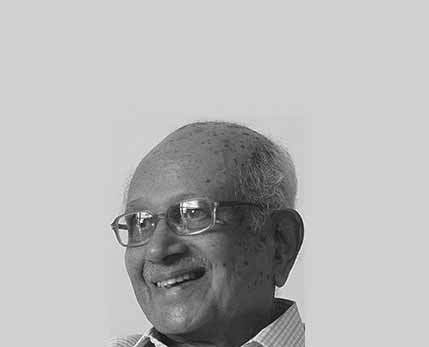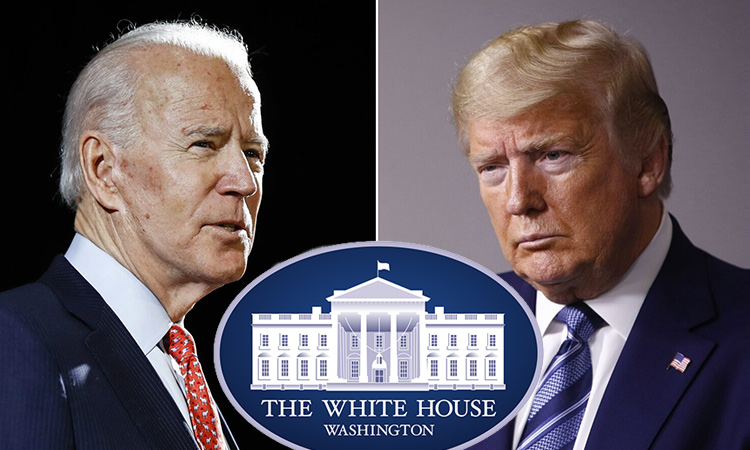Language policy needs urgent revision for sure

BRP Bhaskar
@brpbhaskarIndian journalist with over 50 years of newspaper, news agency and television experience.

Illustrative image.
governments and the medium of instruction at high schools and above. The Constitution originally provided for its replacement of English by Hindi, the most widely spoken Indian language, as the official language in 15 years. At the time the Constitution was adopted, Hindi speakers formed only about 41 per cent of the country’s population. The Congress party, which
dominated the Constituent Assembly, decided to make Hindi the official language by a majority of only one vote.
When the deadline set for replacement of English by Hindi at the Centre came, there was a violent movement against it in Tamil Nadu. It was spearheaded by students who feared use of Hindi would restrict their job opportunities. The Centre mollified opponents of Hindi by providing for continuance of English, alongside of Hindi, as an official language indefinitely.
“Hindi, Hindu, Hindustan,” a slogan which vicariously linked the language with religion and nationality, was once popular among advocates of the Hindutva ideology. That ideology has not been able to gain ground in the South so far. The Dravidian movement, which was in the forefront of the campaign against Hindi in Tamil Nadu in the 1960s, is now the biggest political force in the state. Two other southern states are also ruled by regional parties. They may also feel compelled to take note of local sentiments.
After the October meeting of the Official Language Committee , of which Home Minister Amit Shah is the Chairman, it was stated that it had made certain recommendations to the Centre to extend the use of Hindi and that they were in line with the National Education Policy announced in July 2020.
Shortly after the release of NEP 2020, the Centre had clarified that no one would be forced to study any particular
language. It said the language policy outlined in NEP 2020 was in the nature of a guideline or advisory. The states as well as educational institutions would have a measure of freedom in its implementation.
Education was originally listed as a State subject in the Constitution. It was later shifted to the Concurrent list. This means both the state legislatures and Parliament can enact laws on the subject. The main objective of the change was to ensure uniformity at the highest levels of education in the country. The mandate of the Parliamentary committee on Official Language is to keep a watch on progress with regard to implementation of Constitutional provisions on the subject and submit reports to the President. It usually worked without attracting public attention.
The October meeting was the 37th in the Committee’s history. It decided to send the 11th Volume of its report to the President. Under the Modi regime, the Committee’s work has gained momentum. The pace at which the current Committee was working was rarely seen before, Amit Shah said.
He suggested holding a meeting of the Committee in July this year to discuss implementation of the recommendations made in the 11 volumes successive committees had submitted to the President. The government must make sure that in going back to past recommendations, it is not opening a Pandora’s box. Its desire to speed up use of Hindi as official language is understandable. However, it must consider whether it is desirable to push the issue when parliamentary elections are near. The Constitution authorises the President to appoint a commission, with representation for other languages, at regular intervals to go into the progress in the use of Hindi as the official language.
While addressing the last Official Language Committee meeting, Amit Shah had said the time had come to make the official language an important part of the unity of the country and Indians should communicate with one another in an Indian language. While these may be desirable objectives, the Home Minister must know they fall outside the ambit of the Constitutional provision which only envisages use of Hindi as official language of the Central government.
The reported plan to make Hindi and the regional languages the teaching medium even at the highest level may appear to be sound in principle but it is a sure prescription for disaster. At the moment none of these languages is equipped to serve as the teaching medium at high levels. Textbooks and extra reading material of a high order in a subject must be available in a language before it can become the teaching medium at high levels. If the government is serious about imparting education at the highest level, it must ask universities to identify scholars who can produce the necessary literature and fund the project.







